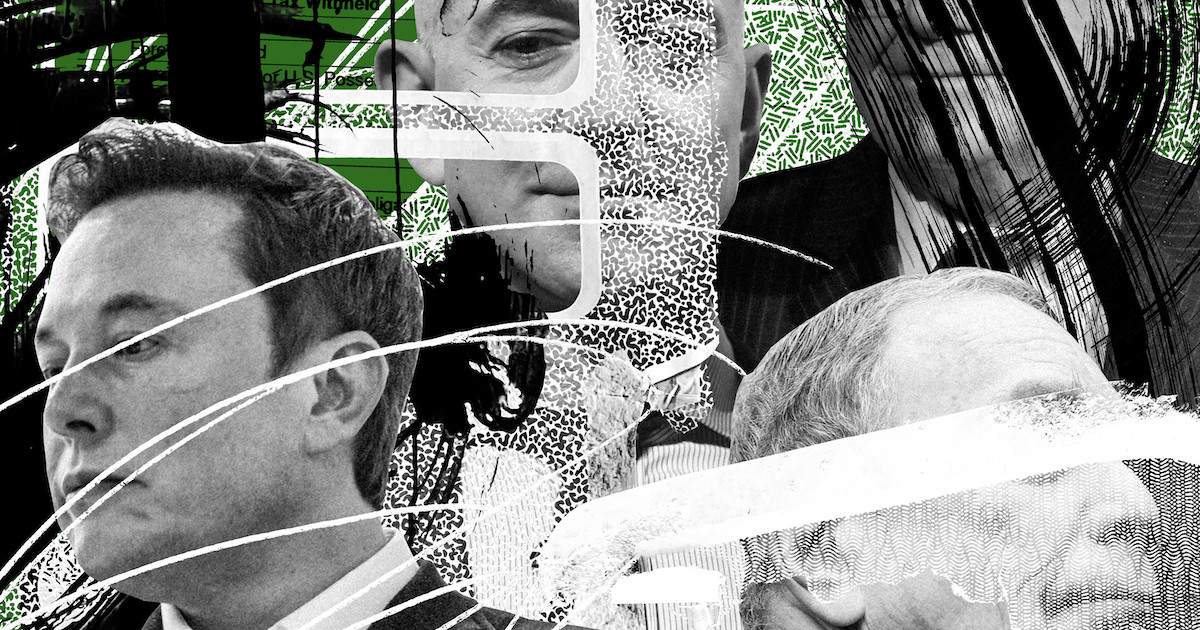The Truth About How the Wealthiest Avoid Income Tax Revealed
The content delves into a trove of IRS data obtained by ProPublica, showcasing how billionaires like Jeff Bezos, Elon Musk, and Warren Buffett pay minimal to no federal income taxes despite their massive wealth. It reveals that the ultrawealthy exploit legal loopholes to sidestep traditional taxation systems, emphasizing the stark contrast between their tax rates and those of average Americans.
The analysis uncovers how the richest Americans accumulate vast fortunes while paying negligible taxes by leveraging techniques such as borrowing money against assets, holding onto stock without selling it, and utilizing deductions and credits to offset gains. The narrative also explores historical context, tracing back to early U.S. tax laws and highlighting systemic flaws that allow the ultrawealthy to amass wealth without contributing proportionately through taxes.
Through detailed examples involving prominent figures like Jeff Bezos, Warren Buffett, and Carl Icahn, the content illustrates how income inequality is perpetuated by a tax system that favors the wealthy. It emphasizes the need for comprehensive tax reform to address disparities in taxation and ensure fairness across all income brackets.
Özeti Özelleştir
Yapay Zeka ile Yeniden Yaz
Alıntıları Oluştur
Kaynağı Çevir
Başka Bir Dile
Zihin Haritası Oluştur
kaynak içeriğinden
Kaynak
www.propublica.org
The Secret IRS Files: Trove of Never-Before-Seen Records Reveal How the Wealthiest Avoid Income Tax
Önemli Bilgiler Şuradan Elde Edildi
by Jesse Eising... : www.propublica.org 02-21-2024
https://www.propublica.org/article/the-secret-irs-files-trove-of-never-before-seen-records-reveal-how-the-wealthiest-avoid-income-tax
Daha Derin Sorular
